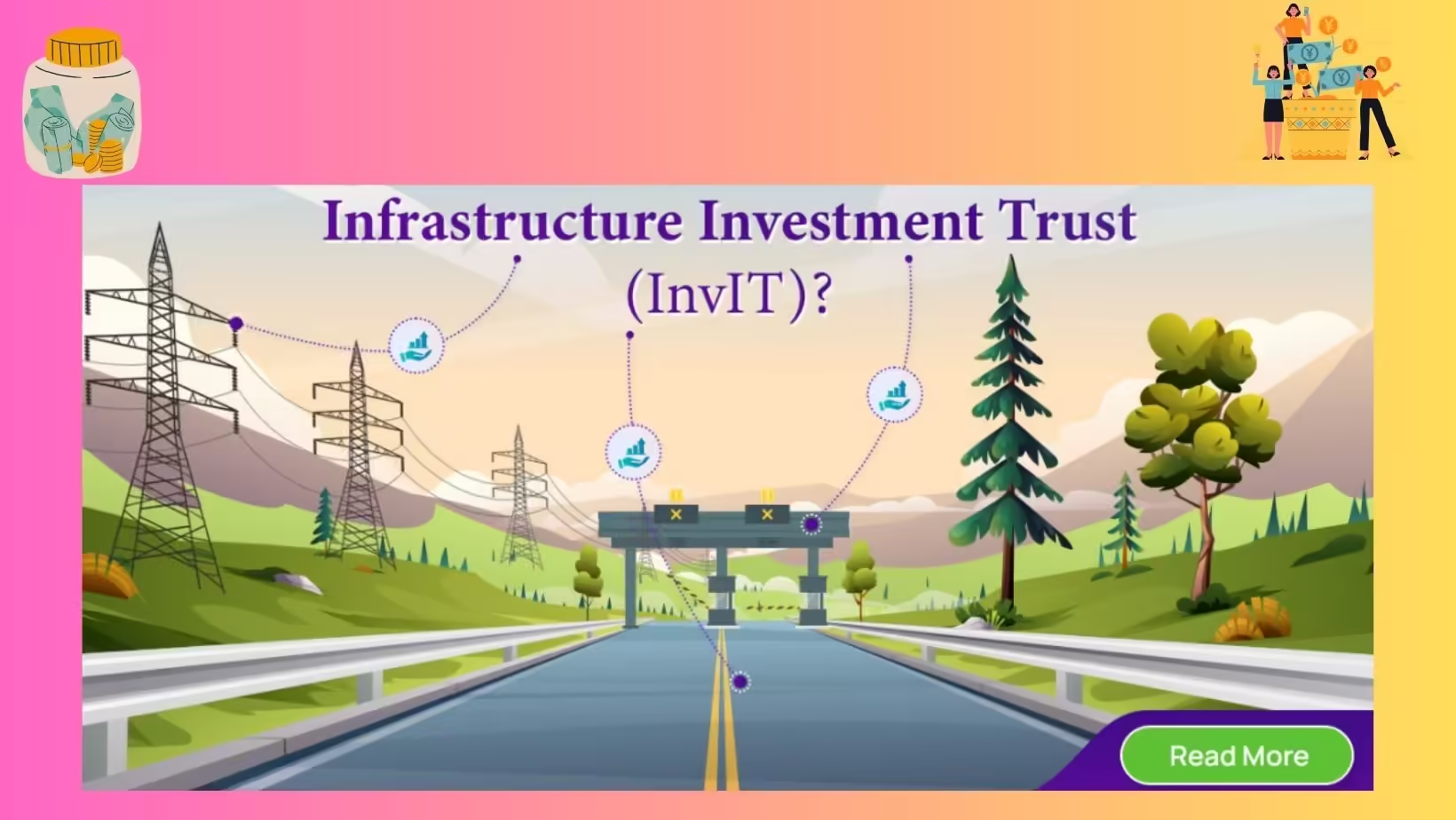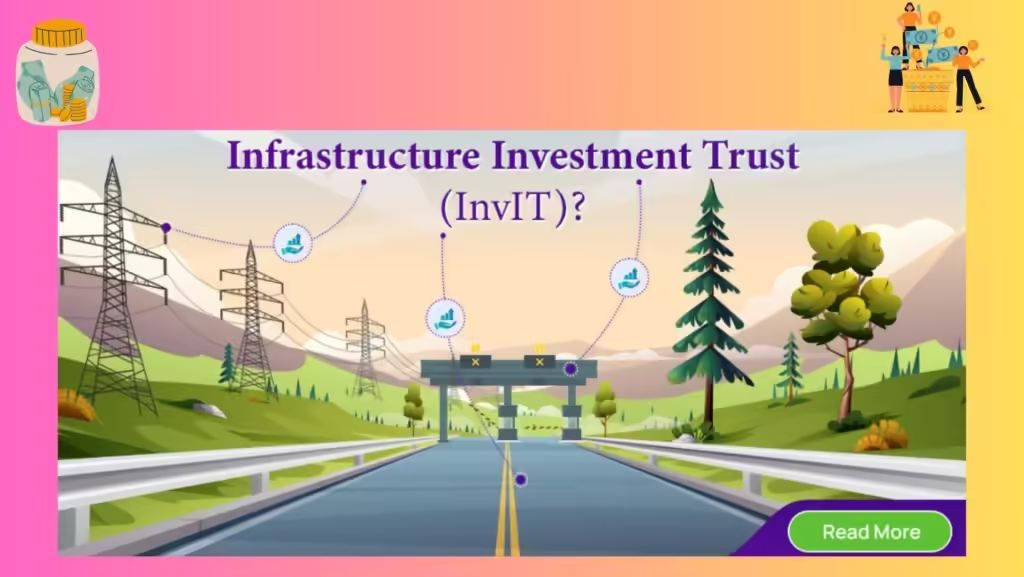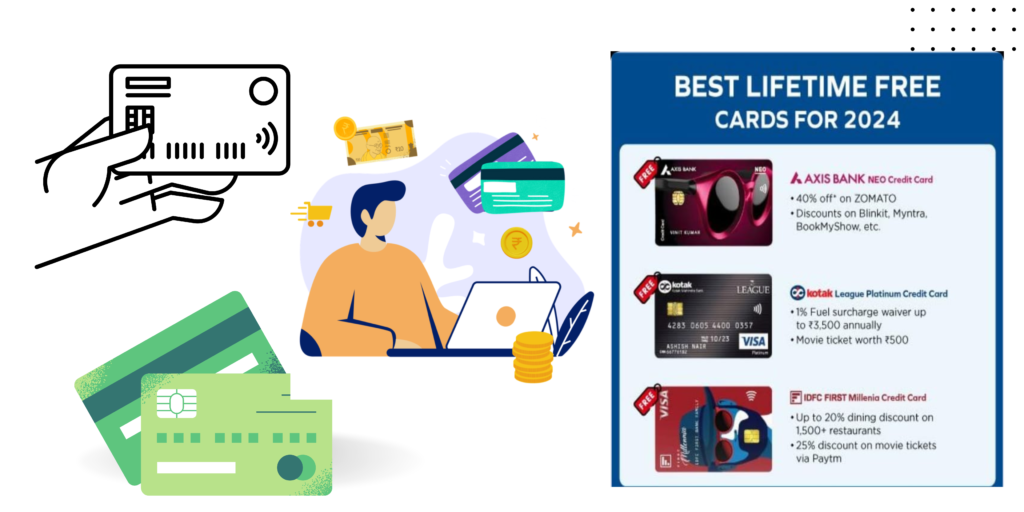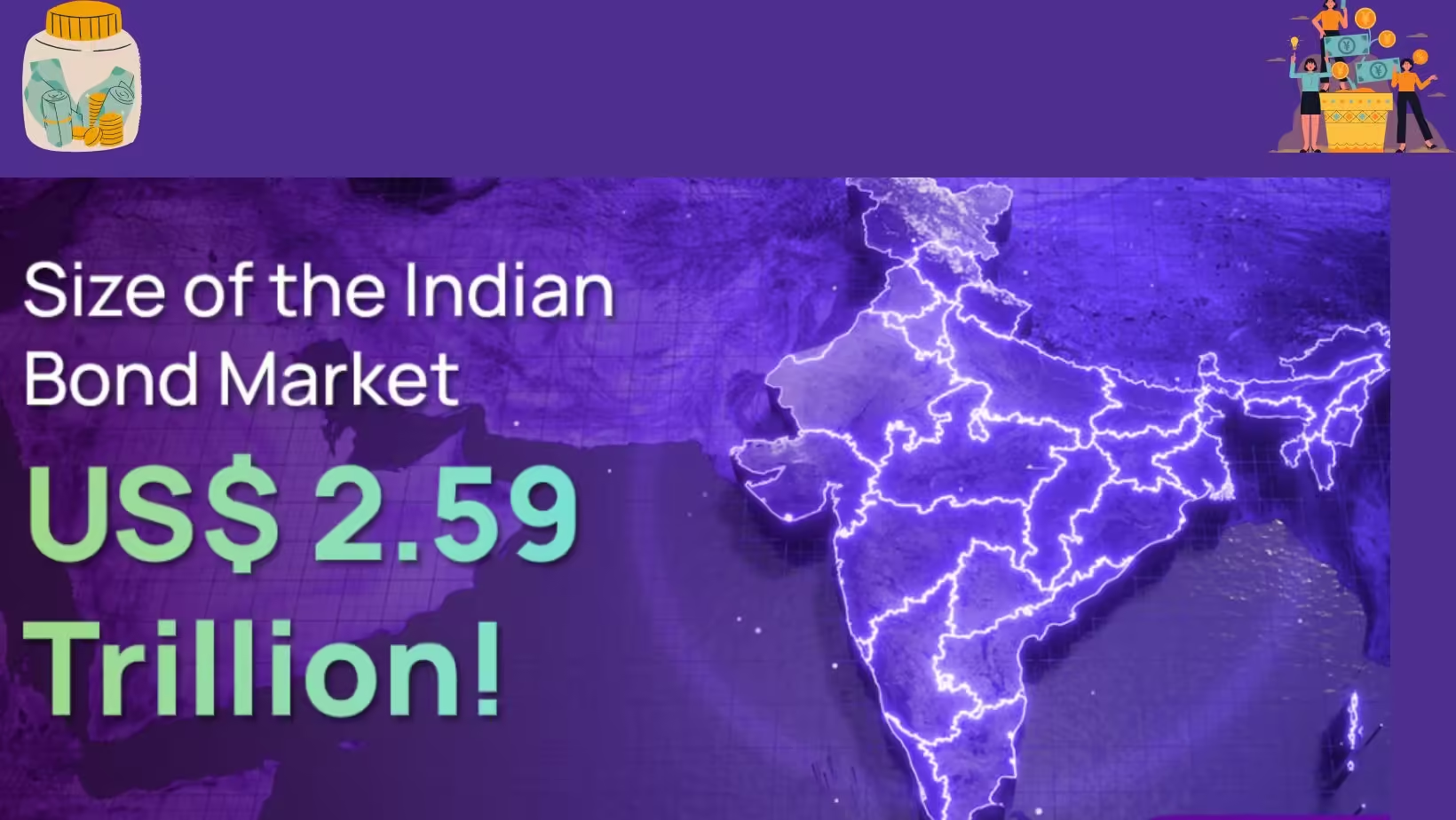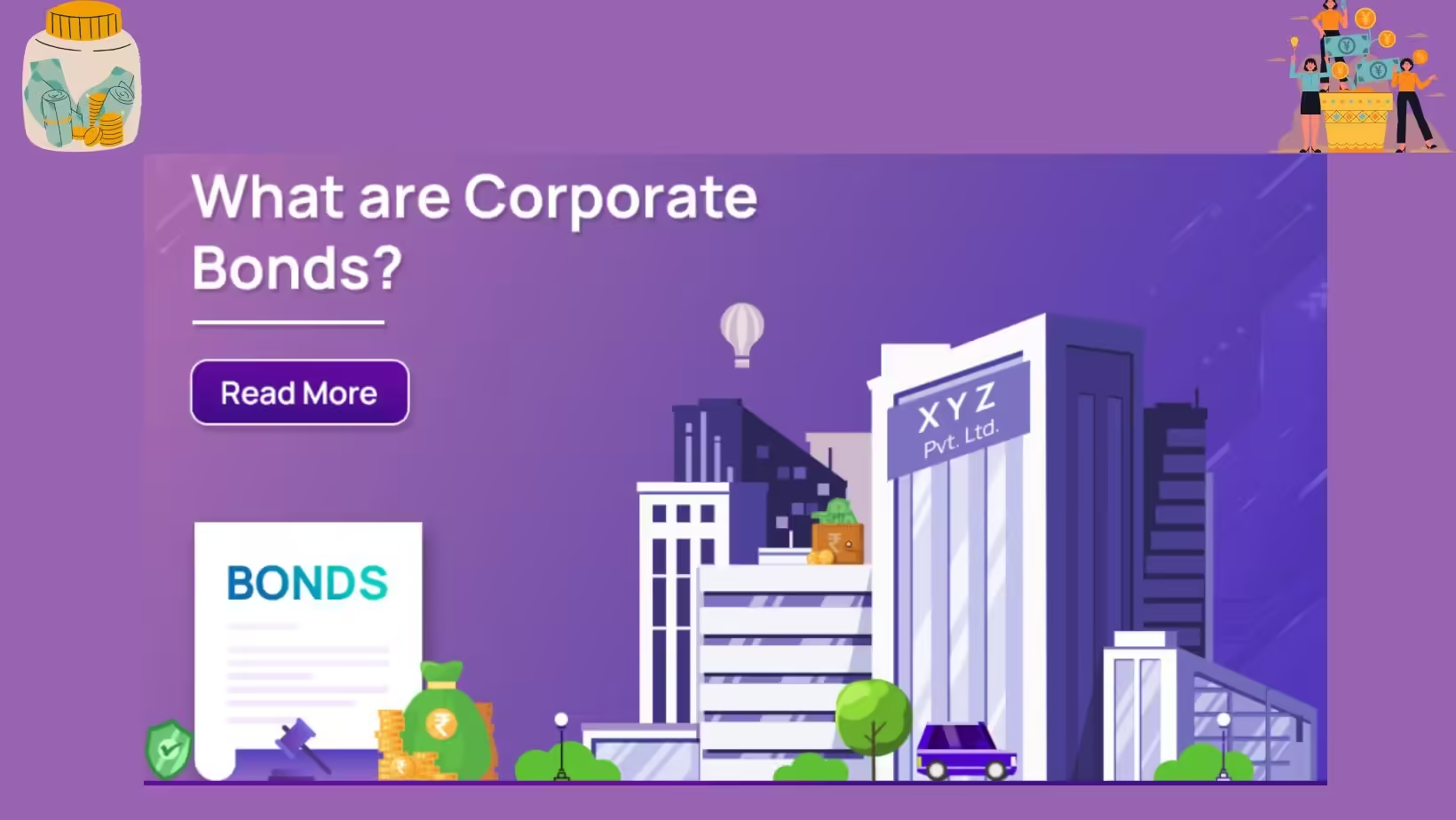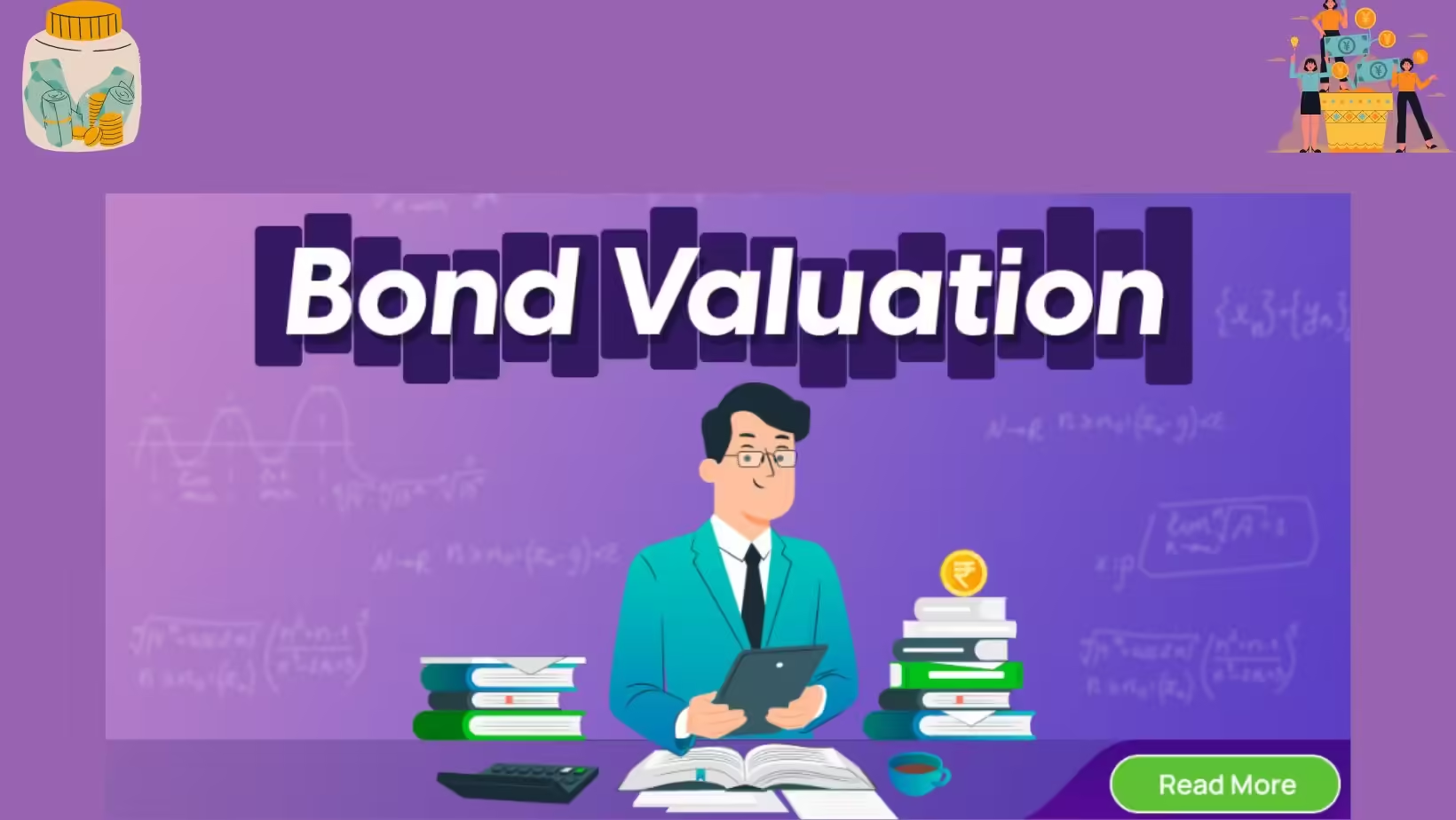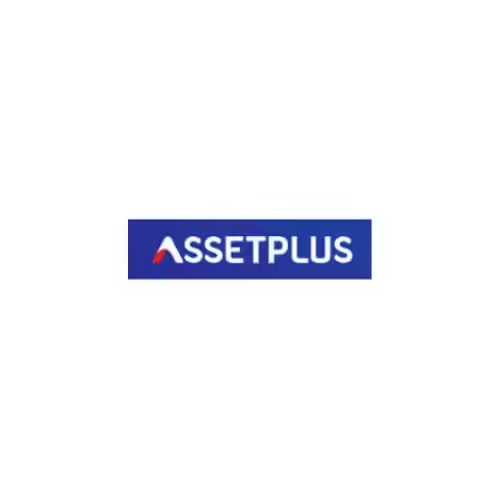Introduction
SEBI’s Chief Madhabi Puri Buch, predicted at the News18 Rising Bharat Summit on 20 March 2024 the prediction was that “Infrastructure Investment Trusts (InvITs), Real Estate Investment Trusts (REITs) and municipal bonds will be as large as India’s equity markets over the next 10-15 years”.
Why is there a focus on infrastructure? In a booming city where traffic is a constant problem and power outages occur regularly the necessity for a robust infrastructure is evident. In simple terms, it’s the foundation of every country’s development. The infrastructure sector doesn’t only provide basic amenities, it is also the foundation for economic growth. Infrastructure Investment Trusts (InvITs) are investment vehicles for collective investors that offer fractional ownership, and help citizens invest in the infrastructure sector of India.
On May 2, 2024, there were a total of 25 InvITs that are registered with SEBI. These trusts play an important role in attracting investments into the infrastructure sector, and ensuring that India’s growth trajectory stays in the right direction.
What is an InvIT (Infrastructure Investment Trust)?
Infrastructure Investment Trusts (InvITs) are investment vehicles created to collect money from investors to fund infrastructure projects. These projects could include roads and power transmission lines, highways and communications projects, among other things. InvITs InvIT is similar to mutual funds, but unlike mutual funds, which typically invest in stocks and bonds InvITs invest into physical infrastructure, allowing the investors earn profit through dividends and interest payments on these assets. Why were InvITs established in the first in the first place? The reason lies in immense cost of infrastructure projects. It doesn’t matter if it’s building roads or power transmission lines or other major construction projects, initial amount required is massive. In addition, after completion it could take a long time to recover the initial investment. The lengthy gestation time typically leaves infrastructure firms with debt, which hinders their capacity to fund new projects.
Features of an InvIT
1. The majority of InvIT assets must be reinvested in completed and income-generating infrastructure projects.
2. The remaining 20% could be used to fund the under-construction projects. These include listed or unlisted infrastructure debt and equity of listed companies which generate at least 80percent of their revenue from the infrastructure industry, money market instruments, gsecs and liquid mutual funds. cash equivalents
3. Mandatory distribution of 90% of the income to holders of InVITs units on a semi-annually
4. SEBI has recently lowered the minimum value of application in the two Real Estate Investment Trusts (REITs) and Infrastructure Investment Trusts (InvITs) to the range of 10,000- 15,000. The previous minimum investment requirement imposed by SEBI was the equivalent of Rs 50,000 for REITs, and the minimum investment requirement for InvITs was Rs 1 lakh. In addition, trading can now be conducted in lots of units.
Structure of InvITs in India
An InvIT’s structure in India is strictly controlled through the Securities and Exchange Board of India (SEBI) which ensures security and transparency for investors. InvITs are regulated by SEBI to ensure transparency and safety for investors. InvIT is created as an trust and has the following elements:
Sponsor(s) The sponsor is typically the person who promotes InvIT. InvIT and is accountable for establishing the InvIT. The sponsor should have an annual net worth of 100 crore, and have experience in the field of infrastructure for at least five years. They must also be a part of a minimum 15 percent in the overall units belonging to the InvIT for three years.
Trustee: The trustee of the debenture who is registered with SEBI and must be an independent entity that has been approved by the authority that regulates. The trustee’s fiduciary duty is to protect the interests of unit owners, and ensure that the InvIT is in compliance with all regulatory operational, compliance and operating frameworks that are set by SEBI. It is crucial that the trustee have no connection with the company sponsor.
the Investment Manager. The manager of investments manages the assets and investments of the InvIT and makes crucial investment decisions. They are also accountable for the entire process of the issue and listing of units, as well as and ensuring that investor complaints.
project manager: The job that a project manager plays is oversee the execution of the project but doesn’t make any investment decisions. They manage the operational aspects of the infrastructure projects, which includes maintenance, construction and management tasks. Unit Holders: They are the investors of the InvIT. They own units that are issued from the InvIT and are entitled to vote on important issues according to the rules. The rights and obligations of the unit owners are clearly established within the trust agreement.
Operation of an InvIT
Imagine the possibility of an InvIT that is named “ABC Highway InvIT” that was created to oversee and finance highway projects throughout India. This is how it could work:
Asset pooling ABC Highway InvIT pools many operational toll roads under its supervision. The roads are either solely owned and operated by InvIT or owned by SPVs. Each SPV could own their own toll roads, thereby separating operational and financial risks.
Fund Raising InvIT Fund Raising InvIT raises money by publicly listing its units, which allows investors from both institutions and individuals to invest in the trust. It may also seek out additional debt that is secured by its road toll assets to fund expansions or new projects.
Income Generation: The main sources of income is revenue generated by the assets, such as tolls and transmission lines etc. The revenue used for this can be used to sustain the assets, pay any debts, and finance new projects.
Distribution: According to SEBI regulations In accordance with SEBI regulations, the InvIT must distribute at the minimum of 90 percent of its cash flow that is distributable to its investors on a semi-annual basis. This gives a steady income stream for investors, similar to dividends. Reinvestment and growth: Any surplus profits after distributions could be reinvested into new infrastructure projects or to upgrade existing assets. This can cause asset value appreciation.
How Do InvITs Generate Returns for Investors?
InvITs offer investors returns via dividends, interest, rental income, and the capital return:
The distribution of income (Dividend as well as Interest) They are the payouts generated from operating income of the assets, which are typically given out every quarter. The stability and reliability of these payouts are dependent on cash flow that are generated by infrastructure projects.
Capital Appreciation In time the value of infrastructure assets will rise, thereby bringing capital gains for investors. This appreciation can be achieved when infrastructure assets are transferred to a buyer.
Types of InvITs
InvITs can be classified into two kinds:
Publicly InvITs that are listed on the market: These InvITs have been listed on the stock exchanges and provide units to institutional and retail investors. They tend to be more liquid which means investors can purchase and sell units on exchanges.
Private InvITs are not listed on the public exchanges and are accessible only to high-net-worth and institutional investors. The minimum investment requirement is generally higher, and they provide less liquidity than their counterparts on the public market.
Who Should Invest in InvITs?
InvITs are ideal to investors who are looking for:
Stable passive income It is a source of dividends and interest that are appealing to those who require dividends.
Long-term Investment: Due to the lengthy duration and longevity in infrastructure development projects InvITs can be used for investments with long plans.
Moderate Risk Appetite less risky than stocks InvITs come with specific risks to the sector, making them ideal for investors with a moderate risk-aversion.
Advantages and Disadvantages of InvITs
Advantages:
Cash Flows: The InvITs are required to disburse at least 90 percent of their cash flow through dividends and interest thus ensuring cash flows.
Diversification: Gives exposure to the infrastructure industry and diversifies an investor’s portfolio.
Professional Management: Handled by highly experienced professionals, they ease the pressure on investors to oversee and comprehend complicated infrastructure projects.
Disadvantages:
Market Risk Market Risk: Subject to market volatility and economic environment’s effects upon infrastructure construction projects.
Political and regulatory risks: InvITs investing in infrastructure projects are likely to be impacted by regulatory uncertainties or changes to government policies that could impact the viability and return for these ventures. Geopolitical tensions or political instability could affect investments in infrastructure.
Failure of Infrastructure projects managed by InvITs could be at risk, like delays, cost overruns as well as project failures. These risks can result in lower than expected returns or loss for investors in the event that projects fail to meet the expectations.
How to Invest in InvITs?
The investment in publicly traded InvITs is the process of buying units on stock exchanges just like stocks. You’ll require a demat account. For private InvITs the majority of investments are conducted through private placements and only open to investors who are eligible to invest substantial sums. The stability of the InvIT’s income depends on the steady flow of the income they earn generated from assets. Therefore, you must conduct due diligence prior to investing and pick InvITs that offer greater transparency.
Differentialities between InvITs and REITs
| Aspect | InvITs | REITs |
| Asset Focus | Infrastructure Assets (Roads and transmission lines, power lines, etc.) | Real Estate Properties (Office buildings, malls, etc.) |
| Regulation | SEBI (Infrastructure Investment Trusts) Regulations, 2014 | SEBI (REIT) Regulations, 2014 |
| Liquidity | Medium | Medium |
| Risk Profile | Risks could be present because of the execution of projects and other regulatory aspects | Less risk of regulatory and political instability. |
| Minimum Subscription Amount | Earlier Rs 1,00,000. The current range is between Rs 10,000 and Rs 15,000 | Earlier Rs 50,000. Now, between Rs 10,000-Rs 15,000 |
To find out more about REITs, click here. Click here.
Conclusion
Infrastructure Investment Trusts (InvITs) are emerging as an important investment opportunity, attracting foreign and domestic investment to the infrastructure sector in India. They have the capacity to be the same than India’s stock markets within the coming decade InvITs provide investors with stable returns and exposure to the sector, and a professional management. In the midst of continuing government concentrate on the development of infrastructure, InvITs are poised to play a more important part in the financing and maintenance of the infrastructure assets of India and contributing to India’s economic development and growth.
FAQs
Q. Where can InvITs Invest?
A. Transportation and logistics as well as energy, water and sanitation, communications commercial and social infrastructure.
Q. Are InvITs safe investments?
A. The security of investments is usually contingent on the assets’ performance. InvITs, which are managed under strict supervision by regulators, provide the most stable investment option in infrastructure.
Q. What are the tax implications of returns from InvITs taxed?
A. InvIT returns are taxed in accordance with the type of the income (interest and dividends, as well as capital gains) at the appropriate rates. It is recommended to speak with an advisor on taxation for specific tax implications
Disclaimer The investment in municipal debt securities/securitized debt instruments can be subject to risk, including delays and/or default in payments. Be sure to read all offer documents thoroughly.

